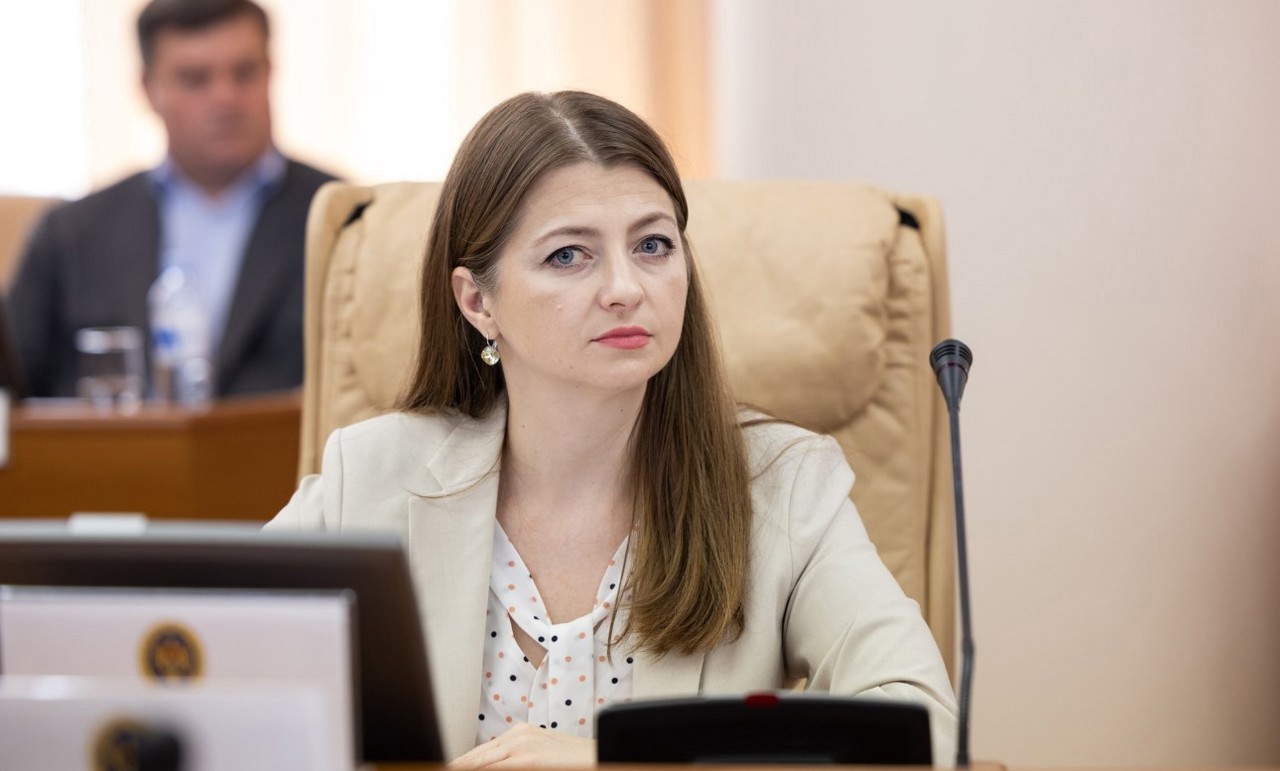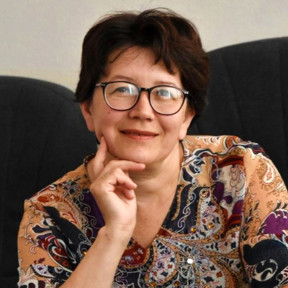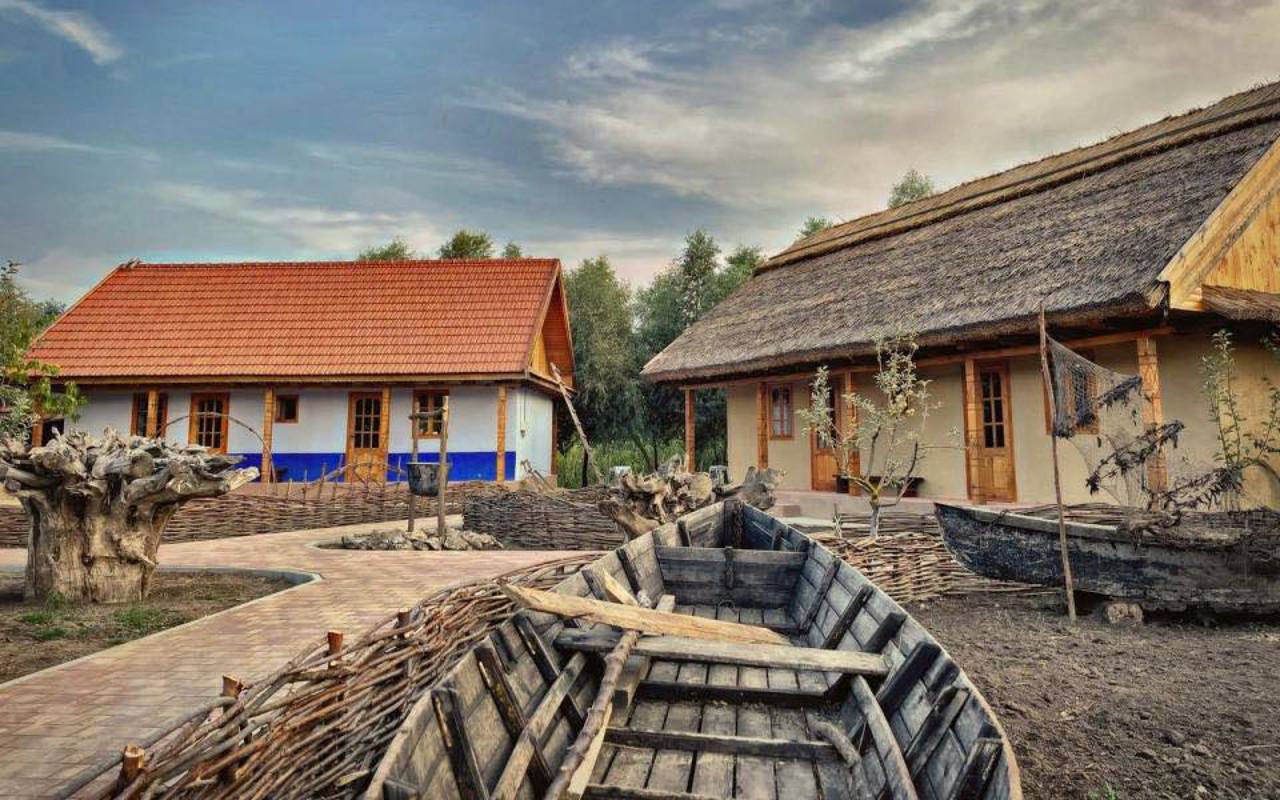Minister of Justice addresses the creation of the Anti-Corruption Court: Current stage and judge selection process
The Anti-Corruption Court will have its own headquarters, and the judges will undergo a stringent vetting process based on specific legal criteria. This new institution will consist of a maximum of 15 judges who will work closely with the Anti-Corruption Prosecutor's Office, which prioritizes the examination of cases related to grand corruption. This was announced by the Minister of Justice Veronica Mihailov-Moraru in the "Punctul de Azi" show on TVR Moldova.

The Minister noted that the specialization of judges is not a new concept. Currently, four judges specialized in corruption cases are already working at the Chisinau Court based in Buiucani. Among the criteria for selecting these judges, the Minister emphasized the importance of professional experience, impeccable reputation, and integrity.
"These judges will be rigorously vetted according to established legal criteria to ensure they are professional, courageous, and possess integrity," the Minister said. There are differing opinions within the working group in Parliament regarding the selection process. Some members prefer that these judges be included in the list of those currently being evaluated by Commission II, which focuses on the external assessment of judges. Others, reflecting an opinion reiterated by the Venice Commission, suggest that since we already have the Superior Council of Magistracy—which has completed the vetting process and is a functional body—the upcoming general assembly of judges could facilitate the elections for members to the selection committee. This evaluation could also encompass the performance of judges appointed to the Anti-Corruption Court. This decision remains to be finalized before the draft law undergoes its second reading.
The Minister pointed out that the proposed law indicates that the specialized panels will consist of up to 15 judges.
The draft law for the Anti-Corruption Court is expected to be adopted by the end of this year, with implementation planned for the beginning of next year. We remind you that, in March of last year, President Maia Sandu urged both Parliament and the Government to establish the Anti-Corruption Court to address cases of grand corruption and corruption within the justice system.
Following this, the Supreme Security Council also called for the preparation of a legal framework for the court’s establishment. After the Supreme Security Council meeting on November 11, the President asserted the need to expedite the court’s creation.
The set-up of the Anti-Corruption Court is also a requirement set forth by the International Monetary Fund, as highlighted in their recent evaluation of the program with the Republic of Moldova.






